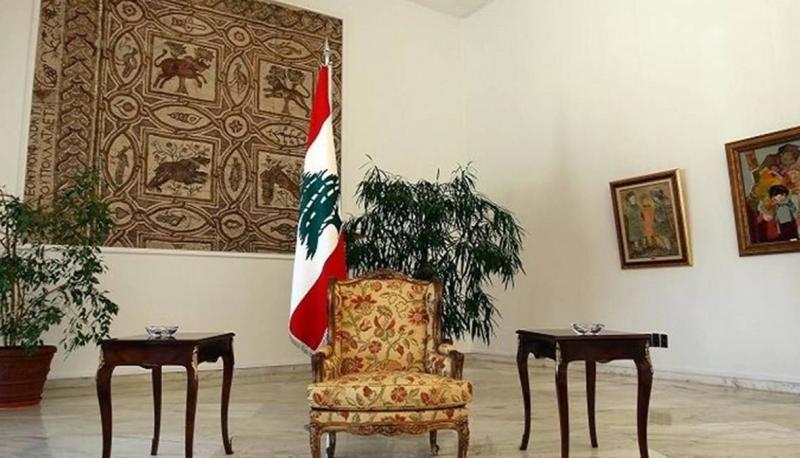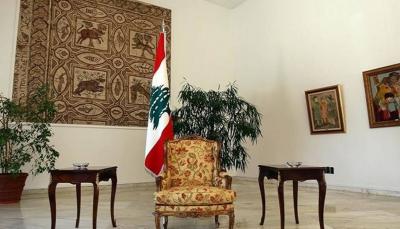After French presidential envoy Jean-Yves Le Drian and his initiative reached a deadlock, it was the turn of the Qatari envoy who reportedly carries the names of Army Commander General Joseph Aoun and General Elias Bissari. The name of MP Neemat Frem and former minister Ziad Baroud were also added. The Qatari envoy communicated with General Bissari and also met with Parliament Speaker Nabih Berri, then with the head of the Loyalty to the Resistance bloc, MP Mohammad Raad, the head of the Free Patriotic Movement Jibran Bassil, and the leader of the Lebanese Forces Samir Geagea on Saturday morning. However, there has been no official confirmation from the sources of these forces regarding whether these meetings took place due to the strict secrecy surrounding the envoy's movements.
It is expected that the Qatari envoy’s tour will also include the head of the Marada Movement Sleiman Frangieh and former Progressive Socialist Party leader Walid Jumblatt, in preparation for the official mission that will later be undertaken by Qatari Minister of State for Foreign Affairs Mohammed Al-Khalifi to seek a third acceptable name for the presidency from the majority of political forces. However, leaks also indicated that the Amal Movement and Hezbollah had informed the Qatari envoy of their insistence, along with their allies, on nominating Frangieh.
The atmosphere surrounding the Qatari movement raises broad questions about whether Qatar will succeed where France has failed, especially since serious political figures have expressed deep skepticism regarding the internal employment of the Qatari initiative to ascribe to it what might be valid or invalid. These figures assert that the topic of dialogue "has ended" and will never be available as the factors that prevented it from being realized continue to escalate steadily.
In this context, remarks from U.S. State Department regional spokesperson Samuel Werberg emerged, clarifying that "the meeting of the Quintet Committee was one of the most important meetings related to Middle Eastern affairs. I do not want to go into details, but it was an important opportunity for us to meet with America’s allies and partners to discuss the importance of the political process in Lebanon and the necessity of forming a government," affirming that "there is no disagreement among the meeting parties because we all agree on the necessity of proceeding with the required economic reforms."
Regarding whether the United States has set a specific timeframe for the presidential elections in Lebanon, Werberg denied in an interview with "Al-Jadeed" that such claims were true, considering it an attempt to confuse the U.S. position that aims to have Lebanon choose its president and form a government at the appropriate time for the Lebanese people. He added, "We urge all Lebanese parties to expedite this entitlement, but there is no truth to all these lies."
As for Parliament Speaker Nabih Berri's call for dialogue, the regional spokesperson pointed to America's readiness to provide any necessary technical or logistical assistance, continuing: "No country has the right to impose its will on all Lebanese political components, and we will remain in contact with all parties," referring to the meeting between our ambassador in Beirut, Dorothy Shea, and caretaker Prime Minister Najib Mikati, discussing these matters.
Additionally, Werberg condemned the targeting of the U.S. embassy in Beirut by stating: "We strongly condemn the shooting incident, and Shea informed Mikati of our confidence in the Lebanese security forces regarding following up on the circumstances of this act. We are awaiting the results of the investigation, and there is no concern about security in Beirut; we are taking all necessary measures to protect ourselves and are in close contact with the security agencies to prevent the recurrence of such incidents."




